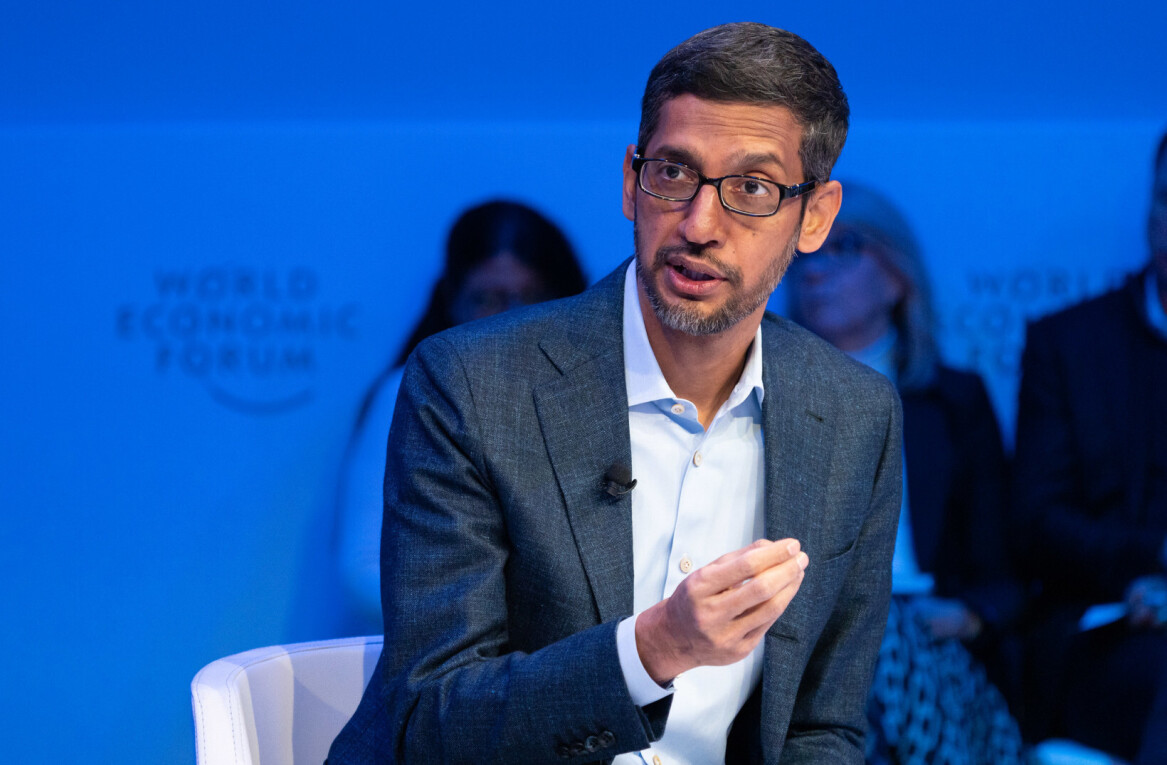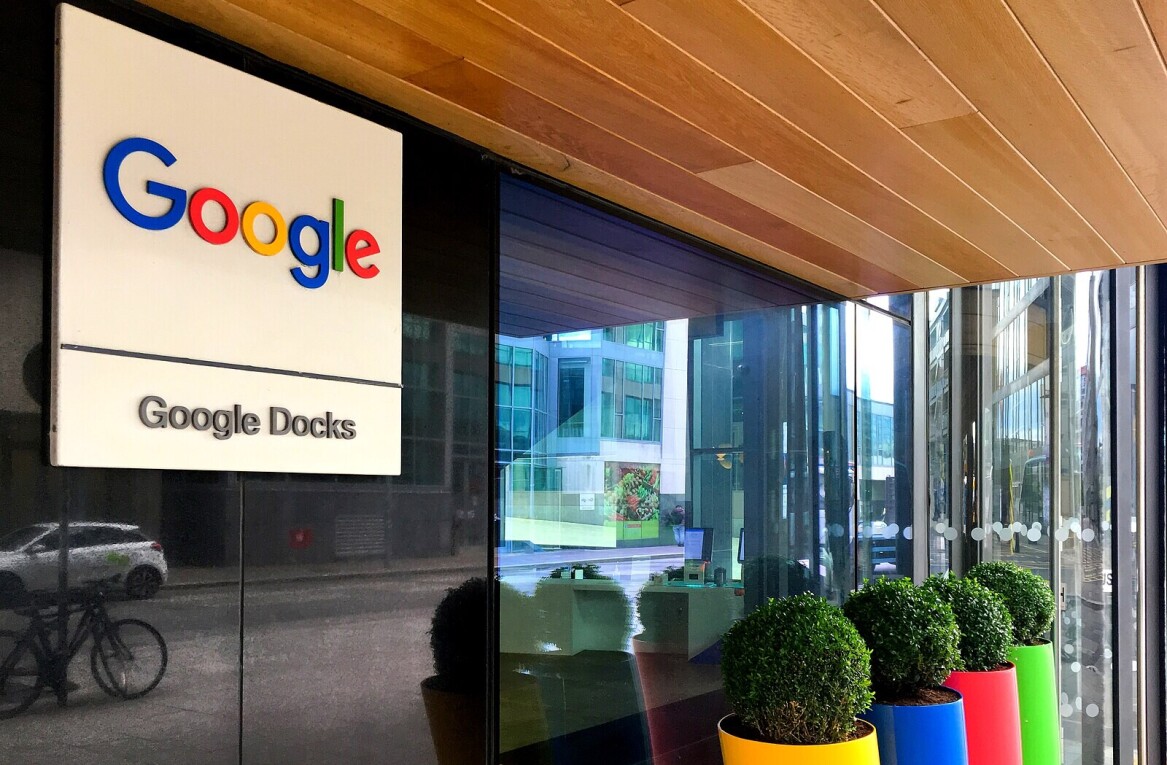
Motorola has announced that it wants the mobile hardware ecosystem to be as open as the Android software ecosystem. A noble and altruistic aim, no doubt, but in doing so, it will upset the hardware status quo that drives new phone purchases and upgrades today.
To achieve its lofty goal, the company announced a new project called Ara with the aim of “lowering the barriers to entry, increasing the pace of innovation and reducing hardware development times” associated with smartphones.
You might have heard about Dave Hakkens and his company Phonebloks, a startup with a similar vision for the modular future of hardware. It’s unsurprising then that Motorola has joined forces with Hakkens and the Phonebloks project to make the most of the community he has already built around the work; aligning community and hardware support side-by-side is key for open-source.
To put the idea in context, ordering and owning a project Ara device would be a bit like specifying your own PC. You start with a bare-bones creation made up of a base board and add on the components you really need, and then those you really want. Don’t use a camera on your phone? Simply swap out the camera module and put in more storage. Is the processor positively sluggish for your needs? Easy, just swap in a newer one with a higher clock speed.

You don’t need to go very far down this road to see why the plans might raise the hackles of other hardware makers. It breaks the upgrade cycle and removes all need and impetus for customers to upgrade the latest and greatest handsets. Why bother when your three year old Ara device can be just as current, simply by swapping in a new processor and some more RAM?
Perhaps unsurprisingly, when a select sample of other device makers were contacted to garner some general industry reaction to the news, none wanted to say anything whatsoever. Think of that silence what you will, but in my opinion, Ara is an attempt to radically shake up the smartphone hardware industry and an all-out assault on how device makers approach smartphone hardware.
If the idea takes off, and it’s good that Motorola now has Google’s war chest to finance the efforts – Phonebloks was never going to succeed alone -, what you’ll essentially have is an open platform of interchangeable parts, dramatically lowering the cost of getting the features you really want in your smartphone. So the first market under attack will be the lower-end and mid-range devices – the ones that trade on their functionality over their design.
The world isn’t going to suddenly decide that design has no place, but once a few generations of Ara handsets have been and gone (although even this notion could arguably be irrelevant, too), I suspect a more refined design could also arrive. Even then, it’s unlikely (due to its modular nature) to please the design sensitivities of someone used to an HTC One or iPhone 5s. 
However unlikely it seems, Google has good form in mobile: Android was also a project bursting with potential when Google snapped it up and made it the open source center of its mobile and tablet plans. Since then, most major handset manufacturers now choose to use it in at least some of their devices and more than 900 million Android devices have been activated.
If Ara’s successful, a similar thing could happen in hardware, whereby manufacturers choose to make their own Ara-compliant parts but also offer their own non-modular smartphones as they do today. Some, on the other hand, won’t. I can’t see Apple making any hardware that will work with another manufacturer’s; controlling its own ecosystem of hardware and software is vital in ensuring maximum profitability and part of what has made it such a dominant player today.
I don’t foresee the industry being revolutionized overnight, but to secure your place in future requires quite some foresight. Motorola didn’t start working on this today, in fact, it said it has been working on it for a year already. Google only completed its purchase of Motorola Mobility in May 2012, which means it wasted no time in getting this project off the ground once it took control of the reins. It knows where it wants to be, and that’s the industry defacto standard for smartphone hardware and software. If Ara is a success, it just took one step closer.
Image Credits – Motorola
Get the TNW newsletter
Get the most important tech news in your inbox each week.




